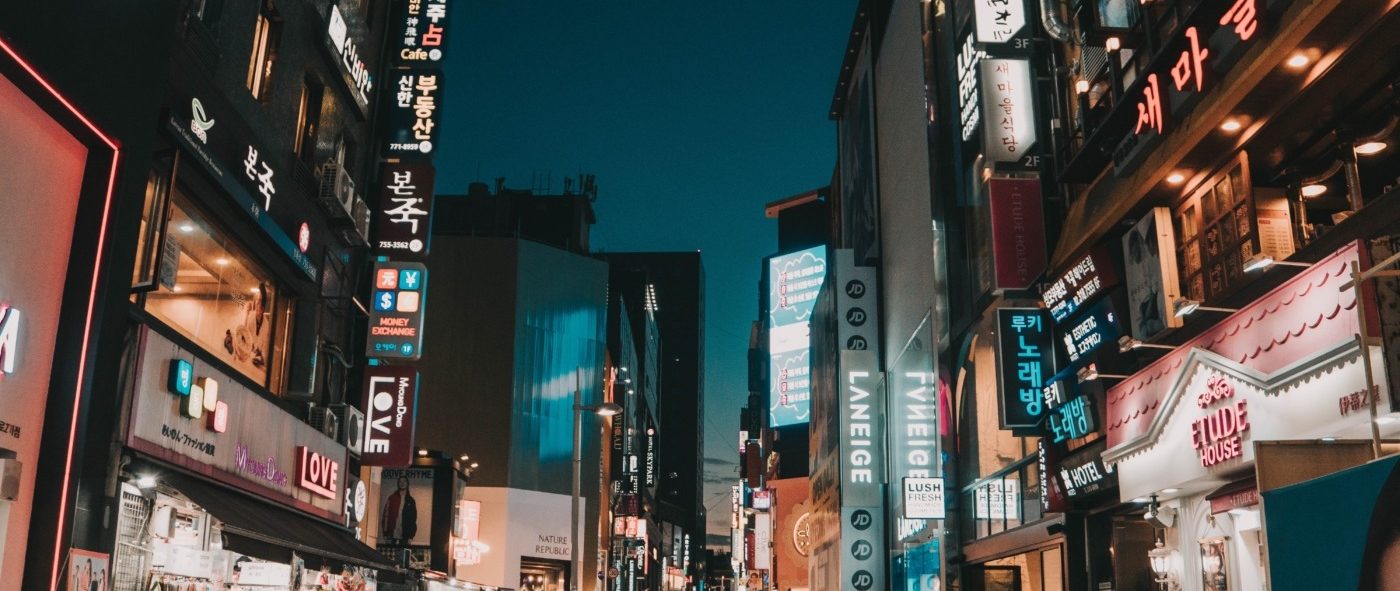We can learn a lot about feminism from South Korea
Men in South Korea are fighting against feminism. Feminism has always been perceived as standing up for women’s rights. But most of the time, the cause gets lost in translation and many men feel that whilst women are fighting for their rights, the men often get left behind.
This miscommunication was similarly echoed by Moon Sung-ho, leader of the Dang Dang We, a group “fighting for justice for men”. He voiced, “Feminism is no longer about gender equality. It is gender discrimination and its manner is violent and hateful,” which garnered applause from his audience of 40 young men.
The Dang Dang We group was founded last year after a 39-year-old business owner was sentenced to 6 months in prison after allegedly grabbing a woman’s buttocks in a Korean soup restaurant. This case provoked outrage as many men feared that they would be penalised and convicted without any evidence except for a woman’s accusation.
In early September, Moon and his group held a panel discussion at the National Assembly, Korea’s top legislature, to expose what they perceive feminism to be and why it is harmful.
Rather, they are asking for equality – for equal opportunities, for equal chances so that they can also be treated and seen as a respected, independent member of society
The country of South Korea is deeply patriarchal as exemplified by women occupying low-paying and non-regular jobs. The female employment in South Korea, as seen by the 2018 Economic Survey for Korea, is around 56.1% whilst for men it is 75.9%. Women in Korea also only occupy 39.5% of the full-time employment population as seen by the OCED statistics.
South Korea, like many other Asian countries such as Thailand, Japan, India, has a lot of tradition Confucian ideals where women are expected to take on the responsibility of familial responsibilities and childcare. Understandingly, it should be evident as to why women are constantly fighting for their rights.
But, they are not fighting for their rights to be more superior to men’s. Rather, they are asking for equality – for equal opportunities, for equal chances so that they can also be treated and seen as a respected, independent member of society.
Contrastingly, Kim, a business student in his early 20s, worries about “whether I would be disadvantaged in finding employment. Because before, it was a position that I could have easily won by merit, but due to the gender quota, (if I don’t get the position) it will be unfair.”
What angers the group the most is the double standard – that women want all the opportunities that men have, but the scale shifts towards favouring women than men
But, it is beyond me how these men can be so naïve, yet also so ignorant as to why these women are fighting for their rights. In 2016, South Korea was hit with an emergence of feminism after a brutal murder of a young women near a subway station in Gangam, a neighbourhood in Seoul.
This led to the start of the #MeToo movement and the #mylifeisnotyourporn campaigns. Since then on, there have been several high-profile prosecutions relating to sexual abuse involving celebrities, K-pop stars and regular men. With every conviction, these men started to regroup and build a movement against feminism.
What angers the group the most is the double standard – that women want all the opportunities that men have, but the scale shifts towards favouring women than men. For instance, the nation’s policy of compulsory conscription, which forces men between ages 18 and 35 to serve in the military for 21 to 24 months.
Women are getting help from the government programs that allow them to enter traditionally-male dominated workforces. At the moment, women are exempted from the compulsory conscription. This angers the younger generation who themselves do not believe in this traditional male duty. Park, who was injured during his time in the army, argued, “It’s unfair that only one gender must serve during their early 20s. We should be pursuing our dreams instead.”
You cannot fight for feminism by granting women equal opportunities but then favouring them in some instances
Another example is the dozen women-only universities and no male equivalent. Some of these schools offer courses in highly coveted professions like law or pharmacy — and as the country caps the number of law students, the more places that go to women, the fewer there are for men. Men are not always ‘winners’, ignoring their situation risks overlooking gender-specific inequities and vulnerabilities.
You cannot fight for feminism by granting women equal opportunities but then favouring them in some instances. This leads to men viewing woman as a competitor rather than an equal. Failure to examine the victimisation of men keeps us from understanding maleness and thus, from uncovering the space of connection that might lead more men to seek feminist transformation.
By fighting for woman rights only, this leads to more men becoming discouraged towards woman and the movement itself. More so, it encourages men that women are using feminism as a means of gaining more power and abusing it.
Feminism, by definition, is a range of social movements, political movements, and ideologies that share a common goal: to define, establish, and achieve the political, economic, personal, and social equality of the sexes. Sexes, a word that is plural, does not mean that it should favour one gender over the other but rather find a common goal and ground to ensure that both genders have equal opportunities.
We need to move away the concept that men are villains or oppressors and address the deeper structures of gendered inequality.

Comments